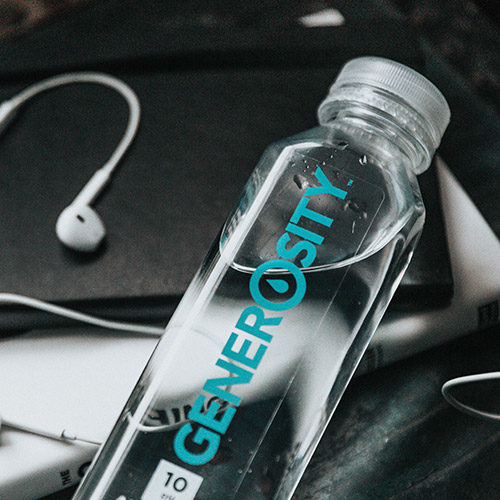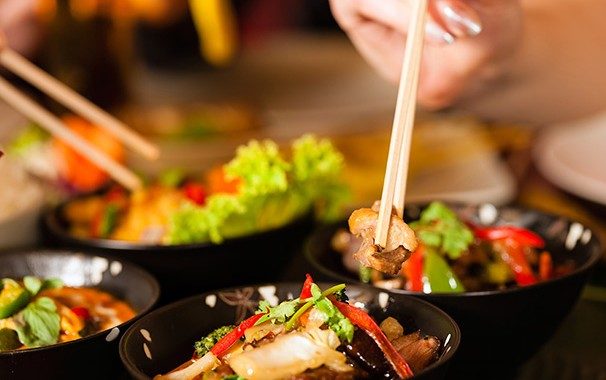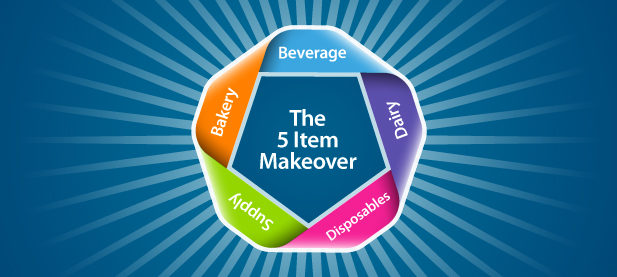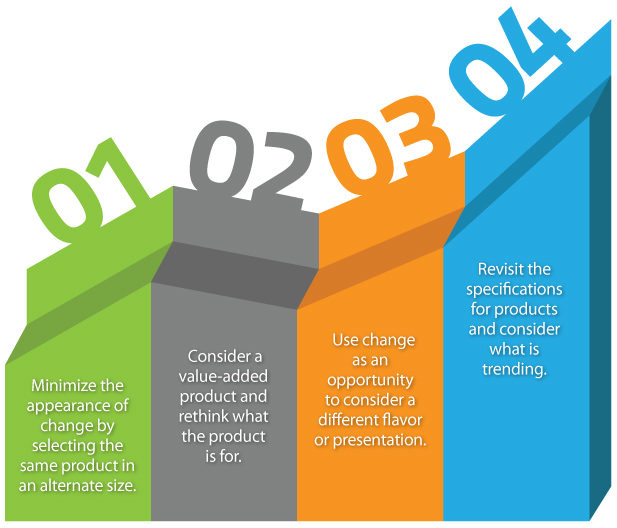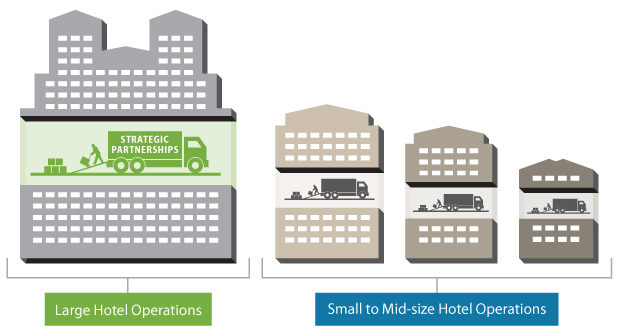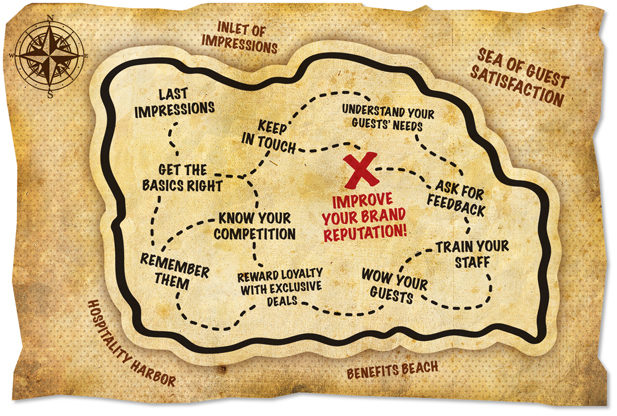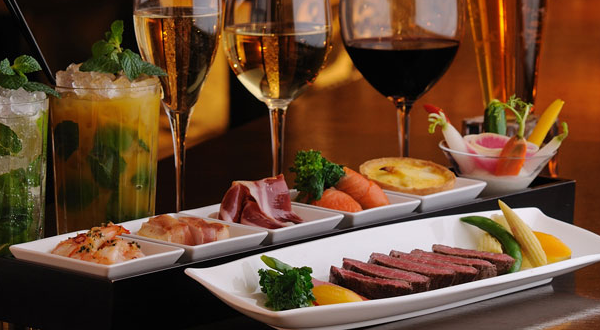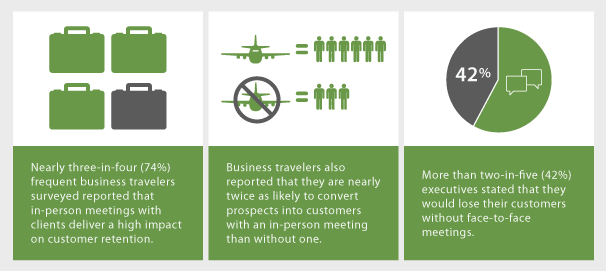Turn to a strategic sourcing organization for popular ethnic cuisine
The cultural evolution of American society is reflected in today’s most popular food trends. A strategic sourcing organization can help hotels and restaurants serve authentic, fresh, ethnic foods that today’s guests want.
According to an article on The New York Times website, sales of ethnic foods rose 4.5 percent from 2010 to 2012, to $8.7 billion. The article also states that market research firm Mintel predicts additional growth of 20 percent in ethnic foods on store shelves between 2012 and 2017.
Asian and Hispanic foods are at the top of the list of the most popular ethnic cuisines, according to hospitality expert Dan Admire. While there have always been ethnic restaurants in the United States, these foods are now being prepared with a high degree of authenticity, largely because people are well-traveled and have access to more information. Just consider the number of cooking TV shows, the explosion of web resources like epicurious.com and overflowing shelves in the culinary section of any bookstore. Some people are on a quest to master the preparation of exotic recipes. Others enjoy the programs, websites and books as a source of education or information. And armed with this new learning, they expect some level of authenticity when dining out.
Authentic ethnic cuisine is especially important at hotel restaurants because of the broad range of customers. Admire suggests working with what’s already on the menu, but elevating items to the next level. For example, if your operation offers nachos on the menu, consider adding other items like pork carnitas.
Well-known food companies, such as the Campbell Soup Company, Frito-Lay and even fast food giants like McDonald’s, are introducing products with more colorful flavors. Chuck Vila, vice president for customer and consumer insights at Campbell’s, told The New York Times that ethnicity is influencing the buying decisions of millennial consumers (ages 18 through 30-something) because they have grown up with everything from salsa to sushi.
Food-and-beverage companies are investing heavily in transforming their product lines to capture international business and the demographic shift. Keeping up with this type of trend does not necessarily mean higher food costs for your operations. A strategic sourcing organization can help you access lower prices without losing quality. By partnering with a strategic sourcing organization like Source1, you will be able to locate and offer foods that are unique to your hotel or restaurant.
Current trends also include some very unusual but amazing blending of cultures. For example, China Poblano in Las Vegas offers an innovative take on Chinese and Mexican food from Chef José Andrés, notes Admire. In Boston, Ming Tsai has opened the Blue Dragon, a self-described “Asian gastropub” serving dishes such as short rib pot stickers and Asian sloppy joes.
At hotels, as Admire points out, guests are seeking new and exciting dishes that showcase the flavors of the world. That’s why it’s important to offer them a variety of ethnic foods that are fresh and, above all, taste great.
But as a hotel or restaurant operator, you might be overwhelmed with trying to figure out the perfect recipe or combination of foods that will satisfy your customers. With a little planning, and the help of a strategic sourcing organization, you’ll find the support to locate these ingredients at a fair price. And with a new, expanded menu, you’ll be able to attract new customers and stand out from the competition.
Diners are putting more importance on a restaurant experience that offers fresh, exotic dishes. Get to know your customers. Learn about the places they’ve been and the foods they’ve tried. You may be surprised by the spark of an idea that an experienced travelers offers which can turn into a show stopping addition to your menu.
Then work with a strategic sourcing organization to change things up with new and exciting recipes. You will begin to satisfy the diverse palates of your guests, meet their expectations and brand yourself in a new way.







